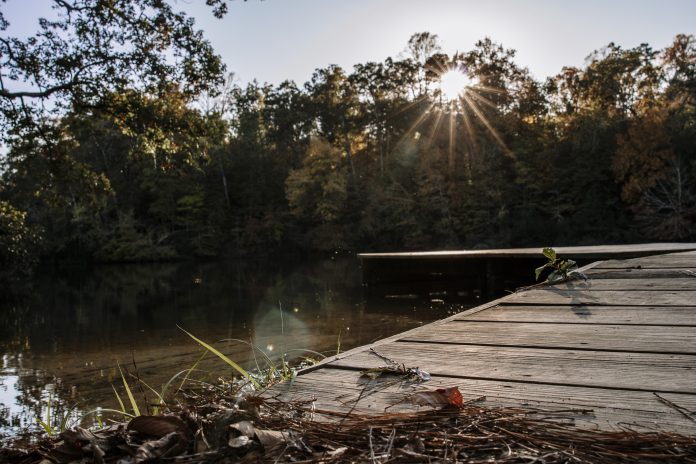Since March, our social circles have become smaller and more secure than ever. Everyone is in their own world, holding onto the friends that they cannot live without, and letting everyone else fall by the wayside. Trust and openness are not exactly as easy to come by as they were in previous years. But even before the pandemic, how many new people did we meet every day? We are the generation that sticks to themselves when they go out instead of making conversation with strangers in elevators and wearing masks over our mouths and noses hasn’t changed our habits.
March 12, 2020, some infamous students created the Facebook group “Zoom Memes for Self Quaranteens,” first under the name “Zoom Memes for Self Quarantining Teens.” Possibly unaware of their genius at the time, this group now has around eight hundred and fifty thousand members. Similar to other Facebook meme groups, such as the College of William and Mary’s popular “Swampy Memes for TWAMPY Teens,” students post relatable content to make everyone join in for a much-needed laugh. However, this group is open to anyone who wants to join, and that includes college students from around the world, as well as a few high schoolers who are eager to get in on the action.
We have written several articles about good old’ Swampy Memes in the past here at The Flat Hat, and it doesn’t seem like the future will be much different. Memes and the community that surrounds them will always be a pivotal part of culture at the College, even as the content edges towards social justice.
However, before the creation of Zoom Memes, I noticed that Swampy Memes was becoming a toxic place, and I was not alone in that assessment. Posts became competitions of who was suffering the most, which made every scroll through the newsfeed a chore instead of an escape. Students also took to the site to critique every one of the administration’s decisions, which was often valid, but it made it feel as if College students were all miserable and couldn’t wait to write their memoir about the trauma of their college experience. Everyone was piling on, and it was no longer a group with which people wanted to interact. I know multiple people who left the group all together, and I only stayed in order to keep up to date with campus buzz.
I’m sure the transition was more smooth than this, but it seemed as if Swampy Memes immediately quieted down when Zoom Memes was created. It was a place for fresh faces that no one had ever met before. It was a place to talk about something beyond the College.
Not to be dramatic, but it was bigger than all of us as individuals or individual universities. Students worldwide connected over issues they were all facing, whether it was professors who didn’t know how to use Zoom, turning in assignments late due to forgotten deadlines, or unbelievable stories about the incredible lack of empathy during a pandemic. As it turns out, we were all facing the same hurdles. Also, it turns out that we all find the same jokes funny. Somehow, almost a million students post, comment and like within the same Facebook group and it works due to the diligence of those students who moderate the group, and I really hope they don’t give it up when the pandemic is over and we are no longer “Quaranteens.”
In no way do I think liking and tagging my best friends in a post made by someone in Wyoming counts as branching out and meeting new people, but it does create a sense of community between students that has never existed previously. And besides that community, I think it has calmed our own community in a way too. Part of this is likely due to the moderators on Swampy Memes cracking down on the amount of negativity in the group, but I attribute another part of my rejuvenated newsfeed to the refreshing feeling that the new group brought to us TWAMPs and reminded us of the laughs we were missing. Swampy Memes will always be a place for students to discuss injustices they see in the classroom or at the College as a whole, but that does not have to be all it is.
It is a hodgepodge of all of the emotions, and I think viewing life from such a wide scale has helped us all remember balance. That, and we’re all going insane indoors and just want to be connected again. Either way, students have found a way to achieve balance and unlikely connections during crisis, and that is too special to just go away overnight.
Alyssa Slovin ‘22 is an English and marketing double major. Besides her work at The Flat Hat as Opinions Editor and Flat Hat Magazine as Editor-in-Chief, she is involved in Sinfonicron Light Opera Company, The Gallery and Active Minds. Email Alyssa at amslovin@email.wm.edu.

